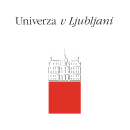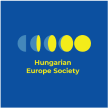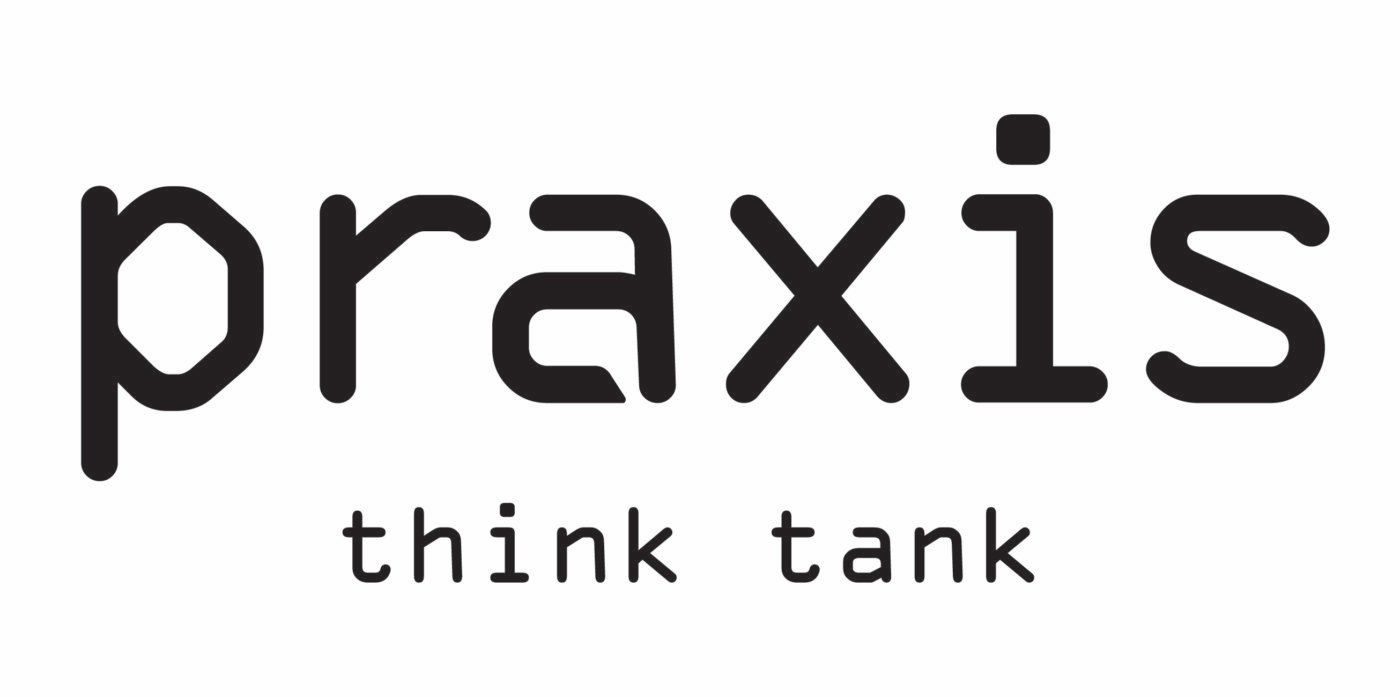
About Us
Digital communication enormously expands the number of ways people can interact and engage, but also challenges European societies by spread of conflict instigation, hate speech, and increasing amount of disinformation. The many initiators of destructive communication acts are various actors with diverse interests, who are not bound by either professional or ethical rules or obligations to distribute truthful information or stand for its reliability. The existing framework of public communication does not empower citizens to influence the ways the media institutions and actors operate in European democracies.
DIACOMET contributes to the advancement of ethical and accountable communication by fostering capacity building for civic resilience against information distortions and promoting civic accountability. Therefore, DIACOMET aims to generate a concept of dialogic communication ethics (DCE), which would provide a framework for an inclusive model of accountability mechanisms that combine media accountability (the level of organisations) with civic accountability (the level of citizens) and is guided by a Civic Code of Good Communication Conduct (CGC) (a new type of code of communication ethics).
The DIACOMET proposal explicitly addresses the aims of the Horizon Europe Culture, creativity and inclusive society Work Programme, the Topic, the Call and the European Democracy Action Plan through:
- Analysis of the role of dialogic communication in existing ethics codes and guidelines and formulation of the CGC.
- A novel concept of inclusive civic accountability bodies and a tested accountability mechanism.
- An interactive ‘dilemma game’ and a forum for learning and discussion.
DIACOMET proposes to establish a European network of civic accountability bodies for supporting individuals, groups and organizations to implement the CGC, and to assist in managing ethical issues emerging in public communication.







